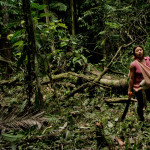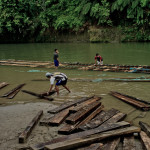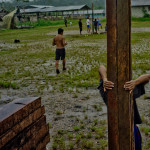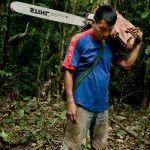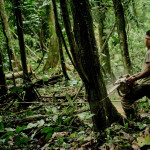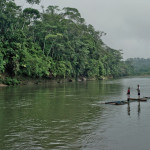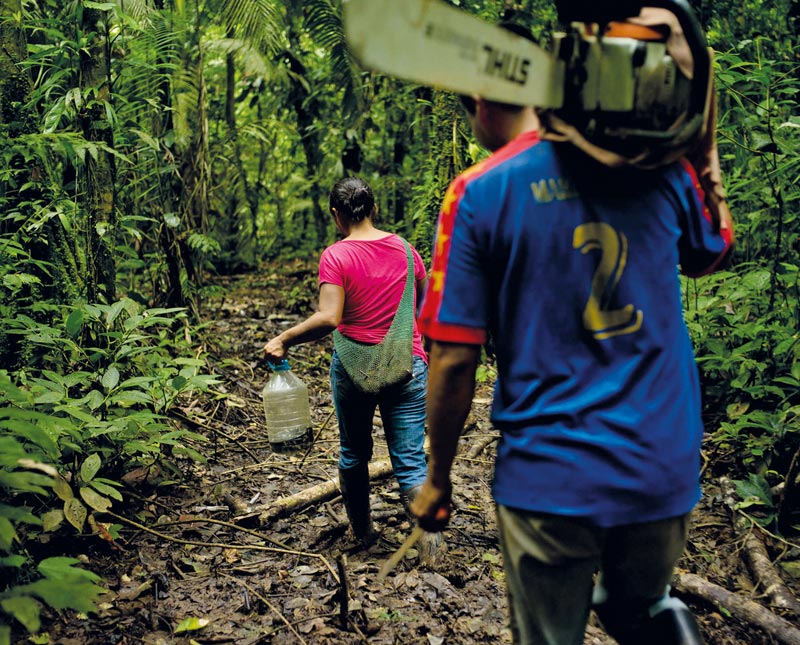
Outcomes & Impacts
Forest Governance in Ecuador

The government of Ecuador is simplifying its system for monitoring timber supplies and rethinking its approach to forest governance. CIFOR is helping that process, with insights from its research on informal logging.
Smallholder farmers and indigenous communities in the Ecuadorian Amazon fell the trees on their land and sell the timber for extra cash. These groups provide only 12% of the country’s total timber supply – yet this accounts for almost half of the timber from native forests and 80% of timber from small-scale operations.
When selling their timber, these smallholders choose to operate outside legal norms. In research conducted as part of the Pro-Formal project, CIFOR learned that they do so to benefit from the greater flexibility associated with informal timber market networks and lower transaction costs.
CIFOR used these findings to develop recommendations for the government on rules and incentives for achieving its policy goals of improved livelihoods and sustainable forest management.
Now, Ecuador’s Ministry of Environment, which was involved in the project from the beginning, is revising its policies on forest governance – with CIFOR’s recommendations as a basis.
Pro-Formal
Duration
2010–2013
Funding partner
European Union (EU)
Countries studied
Cameroon, Democratic Republic of Congo, Gabon, Ecuador, Indonesia
Partners in Ecuador
CIRAD, Solidaridad Internacional, SAMIRI-PROGEA
Objective
To propose policy and regulatory options for recognizing and better integrating the domestic timber sector in tropical countries into the formal economy.


41 446
(as of Dec 2013)
Case Study
A Kichwa farmer and his family in Napo…

…fell 7 trees growing on their farm.
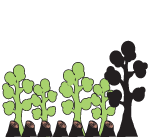
They get a total of 56.2m
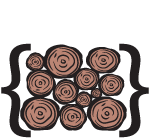
They hire workers to transport it down the river to the market…

…to sell to a timber broker (middleman) for cash…

…which they use to buy food and pay school fees.

Financial disincentives
Currently, the farmer runs this timber business informally, that is, without legal logging permits…
Timber prices vary depending on the species, but this farmer harvested all “soft” timber. The farmer’s total earnings from operating informally, compared to operating formally are:

THE FARMER HAS NO INCENTIVE TO OPERATE UNDER THE LAW
“We are contributing to a shift in the ministry’s perspective on forest governance, as well as other actors’ views, in order to maintain the forest condition and enhance smallholders’ livelihoods.”
Pablo Pacheco, CIFOR Principal Scientist

